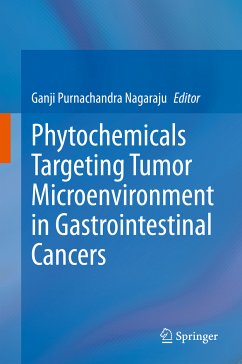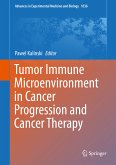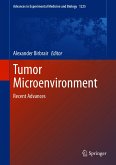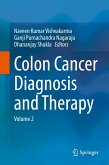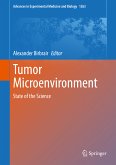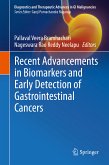Gastrointestinal (GI) malignancies account for a large portion of cancers worldwide. Although incidence of esophageal, gastric, and colorectal cancers has decreased in recent years, pancreatic and liver cancer have increased. The mainstay of GI cancer therapy is chemoradiation and surgery. Despite significant medical advancements, diagnosis and therapy for GI cancers remain challenging due to tumor cell resistance to chemoradiotherapy. The tumor's increased cell signalling due to excessive transcription factor activation and increased stellate cell activity leads to collagen deposition formation of a dense stroma around the tumor, which prevents drugs from reaching the malignant cells. This leads to tumor chemoresistance.
To circumvent these difficulties, drug therapy targeting the tumor's specific microenvironment and the additive anticancer effect of phytochemicals can allow for more effective treatment. This volume will be the first on the market on the topic of phytochemicals and their effect on the tumor microenvironment (TME). TME is an emerging area of research and the book will be a welcome introductory addition to the field.
Dieser Download kann aus rechtlichen Gründen nur mit Rechnungsadresse in A, B, BG, CY, CZ, D, DK, EW, E, FIN, F, GR, HR, H, IRL, I, LT, L, LR, M, NL, PL, P, R, S, SLO, SK ausgeliefert werden.

